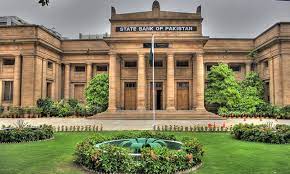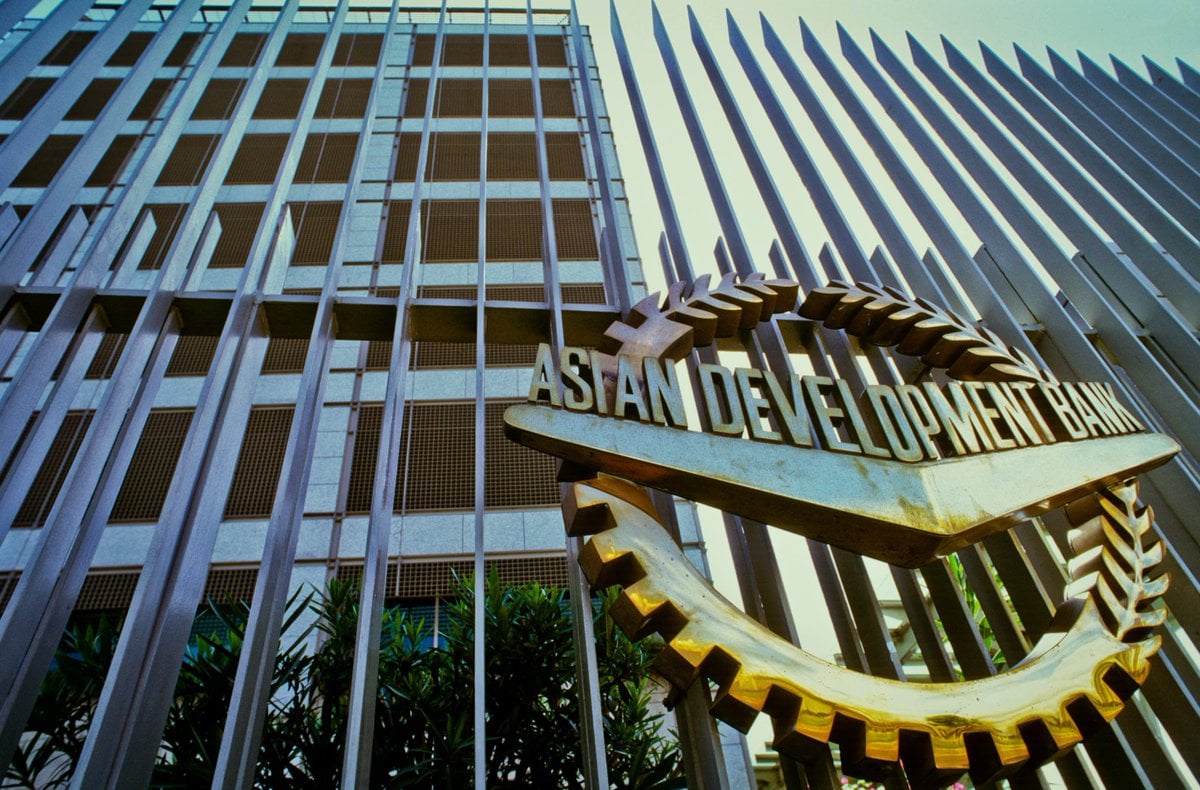PTBP Web Desk
The Federal Board of Revenue (FBR) has introduced significant amendments to the Banking Schedule of the Income Tax Ordinance 2001, effective from July 1, 2025. These changes, detailed in the FBR’s budget explanatory circular on the Finance Act 2025, aim to align banking income more closely with taxable income. The amendments primarily focus on the Seventh Schedule Provisions for Banking Companies, introducing new guidelines for expense deductions, bad debt provisions, and auditor responsibilities. This move reflects the FBR’s commitment to streamlining tax compliance while ensuring transparency and fairness in the banking sector.
Key Amendments to the Seventh Schedule
The Seventh Schedule governs the taxation framework for banking companies in Pakistan. The recent amendments are designed to bring banking income in line with taxable income, addressing discrepancies that have long challenged the sector. By refining how income is calculated and reported, the FBR seeks to create a more equitable tax system.
Rental and Refurbishment Expenses
One of the most notable changes is the updated treatment of rental expenses and office refurbishment costs. The revised provisions allow banking companies to claim these expenses as deductions, provided they adhere to specific guidelines outlined in the Income Tax Ordinance 2001. These guidelines ensure that only legitimate and verifiable expenses are deductible, reducing the risk of inflated claims. For instance, expenses related to office upgrades or lease agreements must now meet clearly defined criteria, promoting accountability in financial reporting.This change is expected to benefit banking institutions by providing clarity on allowable deductions, ultimately reducing disputes with tax authorities. Businesses can now plan their budgets with greater certainty, knowing which expenses qualify for tax relief.
Bad Debt Provisions
Another critical amendment focuses on the treatment of bad debts. The FBR has reinforced the principles governing bad debt expenses, ensuring that claims are substantiated and aligned with industry standards. Banking companies must now follow strict protocols when reporting bad debts to qualify for deductions. This includes maintaining detailed documentation and adhering to the laid-down principles specified in the ordinance.To further enhance transparency, the FBR has imposed new filing requirements on external auditors. Auditors are now responsible for verifying the authenticity of bad debt expense claims, adding an extra layer of scrutiny to the process. This measure aims to curb fraudulent claims and ensure that only genuine losses are accounted for in tax calculations.
Support for Compliance
Recognizing the complexity of these changes, the FBR has pledged to provide comprehensive support to banking companies. The board is committed to facilitating compliance with the new provisions through guidance materials, workshops, and direct assistance. This proactive approach is designed to ease the transition for businesses, ensuring they understand and implement the updated rules effectively.Additionally, the FBR has established redressal committees comprising representatives from the business community and the board. These committees will address grievances and disputes related to the enforcement of the new provisions, ensuring a fair and judicious process. This collaborative approach underscores the FBR’s commitment to balancing regulatory enforcement with industry support.
Implications for the Banking Sector
The amendments to the Seventh Schedule are a significant step toward modernizing Pakistan’s tax framework for banking companies. By aligning banking income with taxable income, the FBR aims to create a more transparent and predictable tax environment. This is particularly important for fostering investor confidence and supporting economic growth.Banking companies will need to review their financial reporting processes to ensure compliance with the new guidelines. The emphasis on auditor verification and detailed documentation may require additional resources, but it also promotes accountability and reduces the risk of penalties. Moreover, the allowance of rental and refurbishment expenses provides financial relief, enabling banks to optimize their tax liabilities.
FBR’s Commitment to Fair Enforcement
The FBR has emphasized that the enforcement of these provisions will be carried out in a judicious manner. By involving the business community in redressal committees, the board ensures that concerns are addressed promptly and fairly. This collaborative approach is a positive signal for the banking sector, demonstrating the FBR’s willingness to work with stakeholders to achieve mutual goals.For further details on the amendments, banking companies can refer to the FBR’s official website or consult the Finance Act 2025. These resources provide comprehensive information on the updated provisions and compliance requirements.
Preparing for the Changes
As the July 1, 2025, implementation date approaches, banking companies should take proactive steps to prepare. This includes training staff on the new provisions, updating accounting systems, and engaging with external auditors to ensure compliance. The FBR’s support initiatives, such as workshops and guidance materials, will be invaluable during this transition period.For additional insights into tax compliance in Pakistan, businesses can explore resources on tax planning or consult with tax professionals familiar with the Income Tax Ordinance 2001. Staying informed and prepared will help banking companies navigate these changes with confidence.




